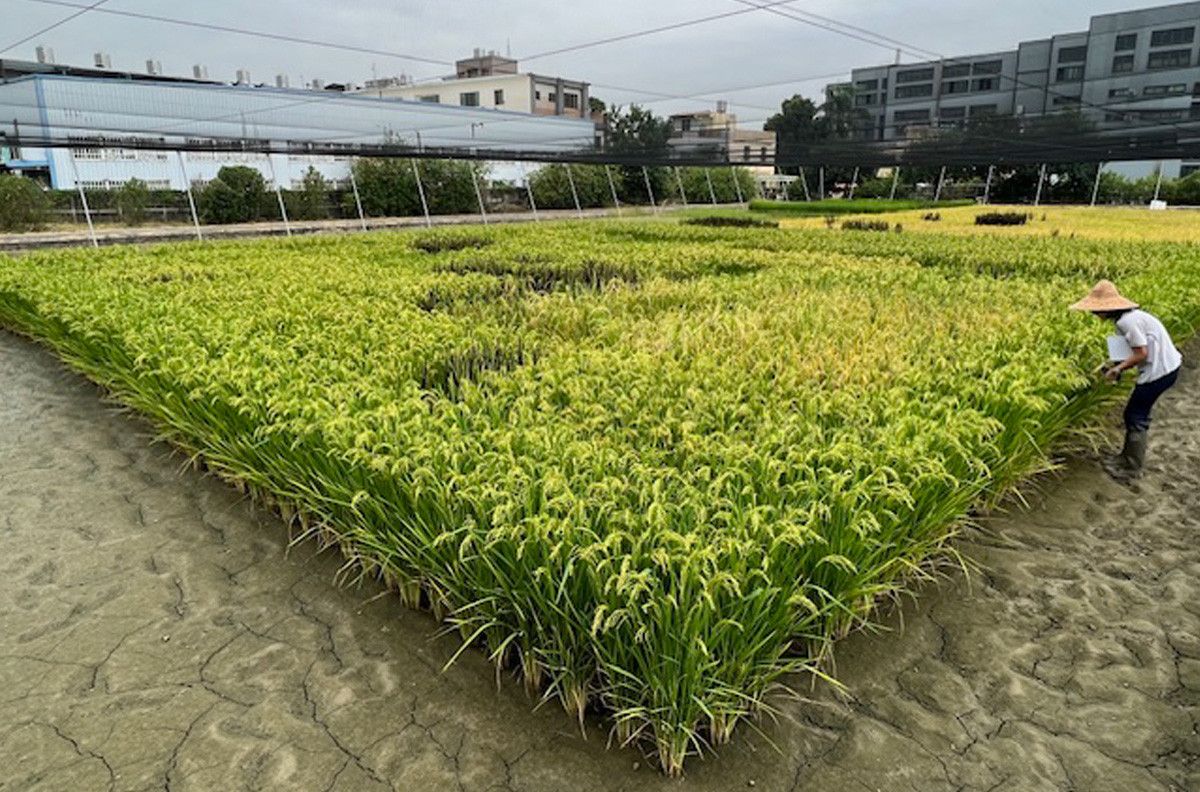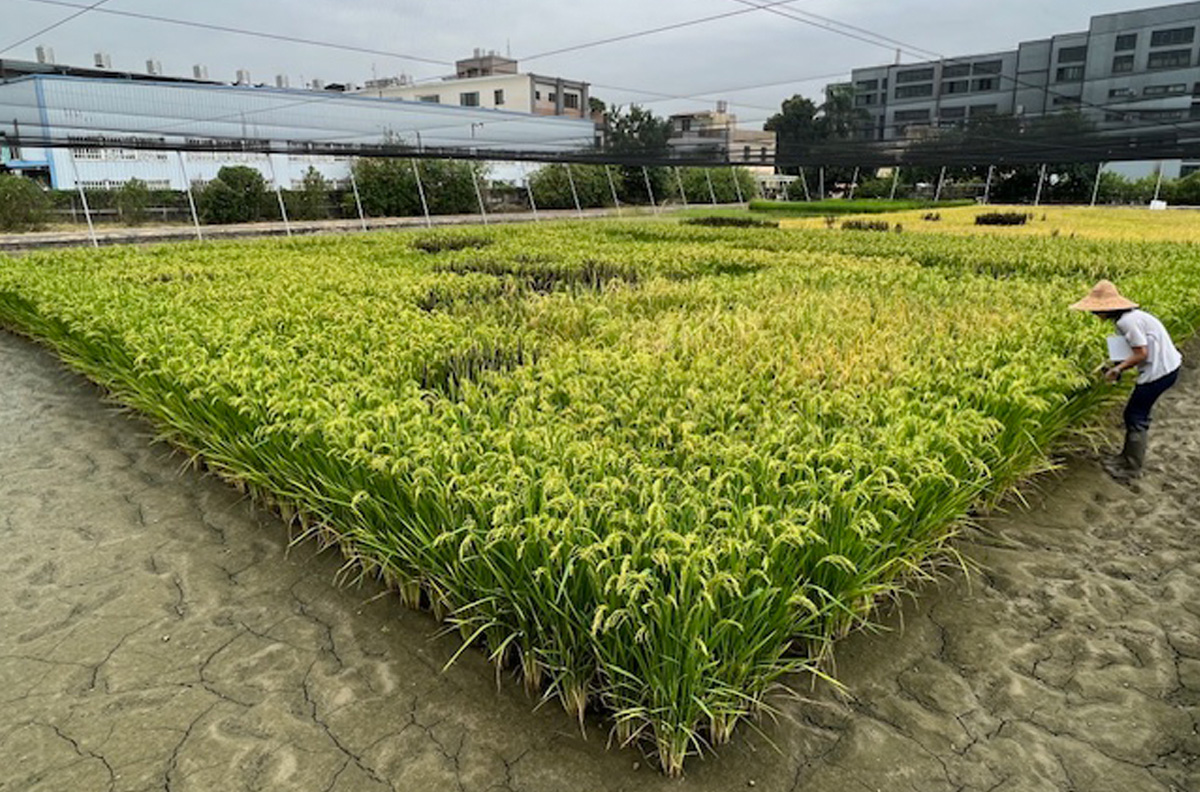2024-04-17
Dr. Wilhelm Gruissem Develop Biofortified Rice with High VitB1 Content Without Affecting Yield

A team of scientists from the University of Geneva (UNIGE), ETH Zurich, and Taiwan's National Chung Hsing University (NCHU) have successfully increased the Vitamin B1 content of rice grains, a significant achievement in the fight against vitamin B1 deficiency, which is associated with a rice-based diet.
Rice is a staple food for half the world's population, particularly in the tropical countries of Asia, South America, and Africa. But rice grains are low in vitamin B1, and processing such as polishing reduces it even further, taking 90 percent with them. The research team specifically targeted the nourishing tissues of the rice grain and succeeded in increasing its vitamin B1 content, without compromising agronomic yield.
The scientists generated rice lines expressing a gene that sequesters vitamin B1 in the endosperm tissues. The rice was grown in glasshouses, harvested, and the grains polished. The research team found that the vitamin B1 content of rice from these lines increased. The lines were then seeded in an experimental field in Taiwan and grown for several years. The characteristics analyzed were plant height, number of stems per plant, grain weight, and fertility. The NCHU team observed that the level of vitamin B1 in rice grains multiplied by 3 to 4 in the modified lines even after the polishing stage.
For more details, read the news article on the UNIGE Media page.

Article source: https://www.isaaa.org/kc/cropbiotechupdate/article/default.asp?ID=20772
